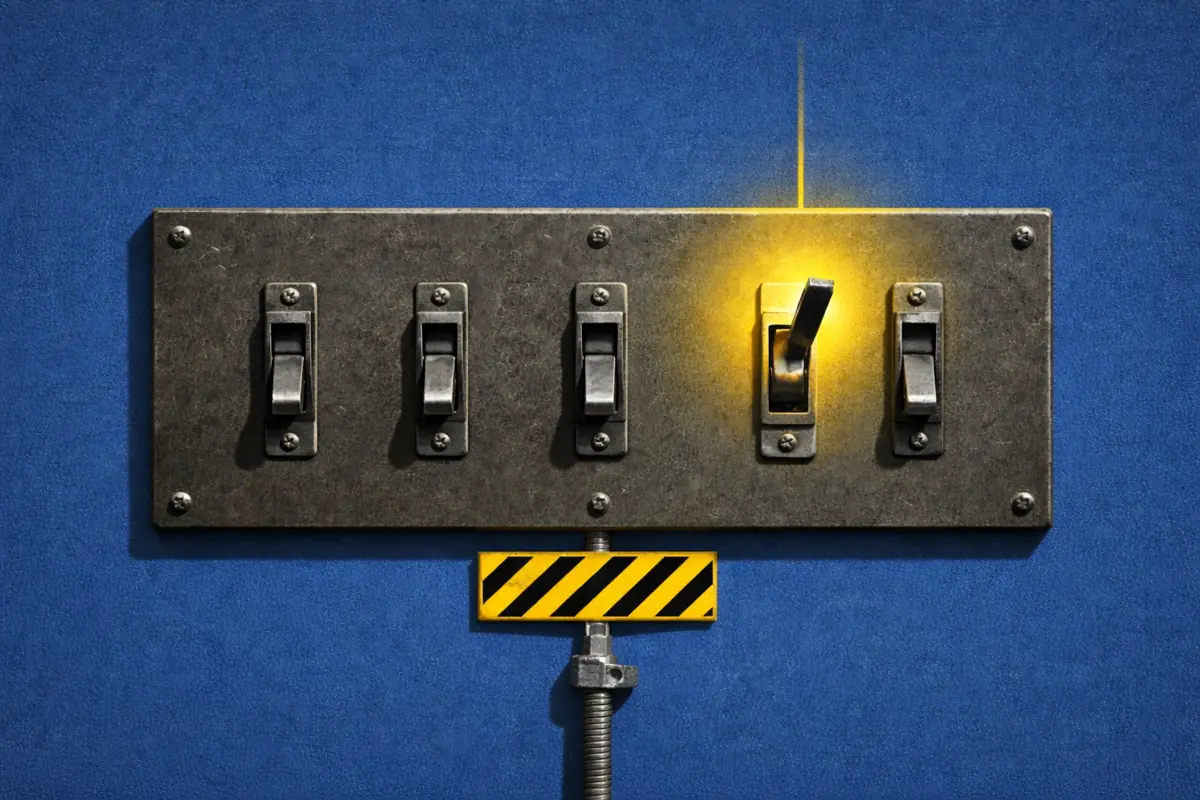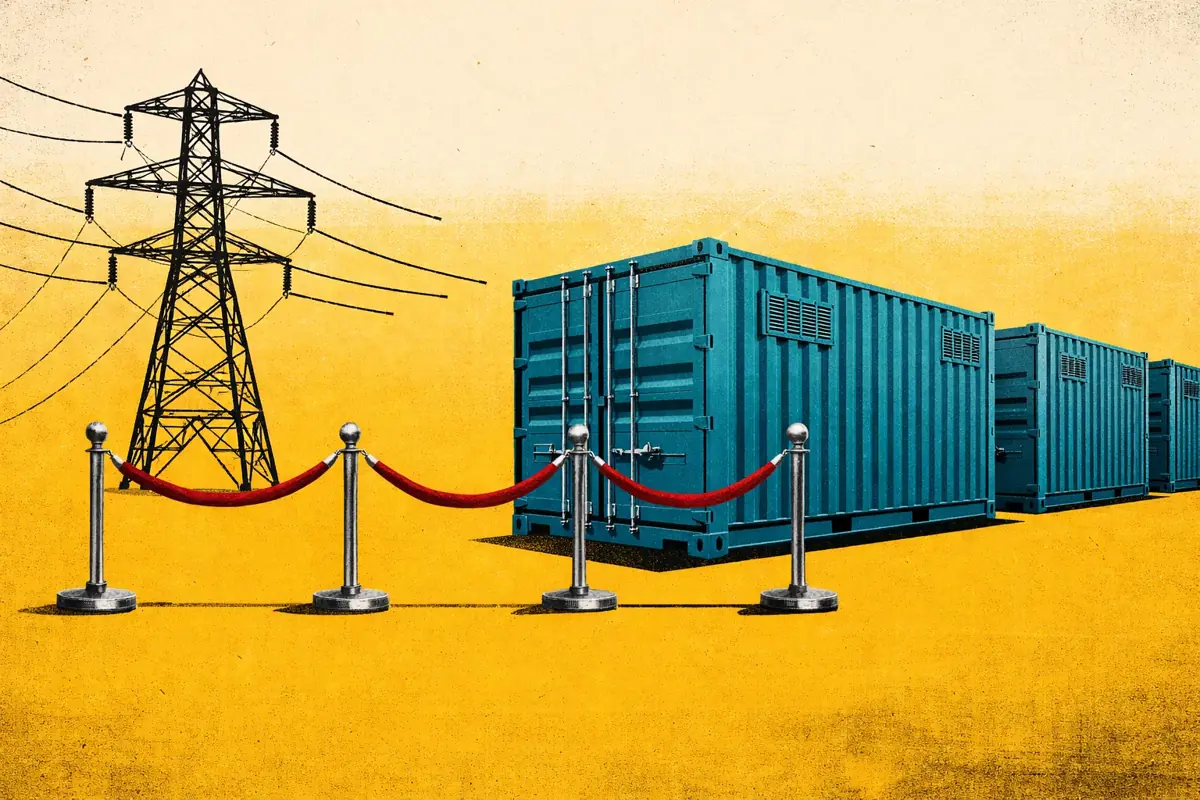Balancing Mechanism revenues overtake frequency response in January 2024
Balancing Mechanism revenues overtake frequency response in January 2024
The GB BESS Index was £1,870/MW in January 2024. This was a 24% reduction from December 2023. Falling frequency response prices mean the revenue stack for batteries in Great Britain has seen a complete reshuffle in the last three months.
The GB BESS Index represents the average revenue of Balancing Mechanism-registered batteries across frequency response, wholesale trading, and the Balancing Mechanism.

- Revenues from the Balancing Mechanism overtook frequency response revenues for the first time ever.
- The Capacity Market generated an additional £1.3k/MW for batteries in January 2024
- Current indicative triad dates provided battery energy storage systems with an uplift of £514/MW
So what happened in these services, and what does the revenue stack for batteries look like now?
Dynamic Regulation sees a steeper reduction in price
Frequency response clearing prices fell by 20% in January 2024, a similar reduction to that observed in December 2023. Dynamic Regulation, which averaged £4.36/MW/h, had the most significant decrease in price. Balancing Mechanism-registered units performed more often in the high service, which reduced in price from -£4.19/MW/h to -£5.87/MW/h.
Already a subscriber?
Log in








